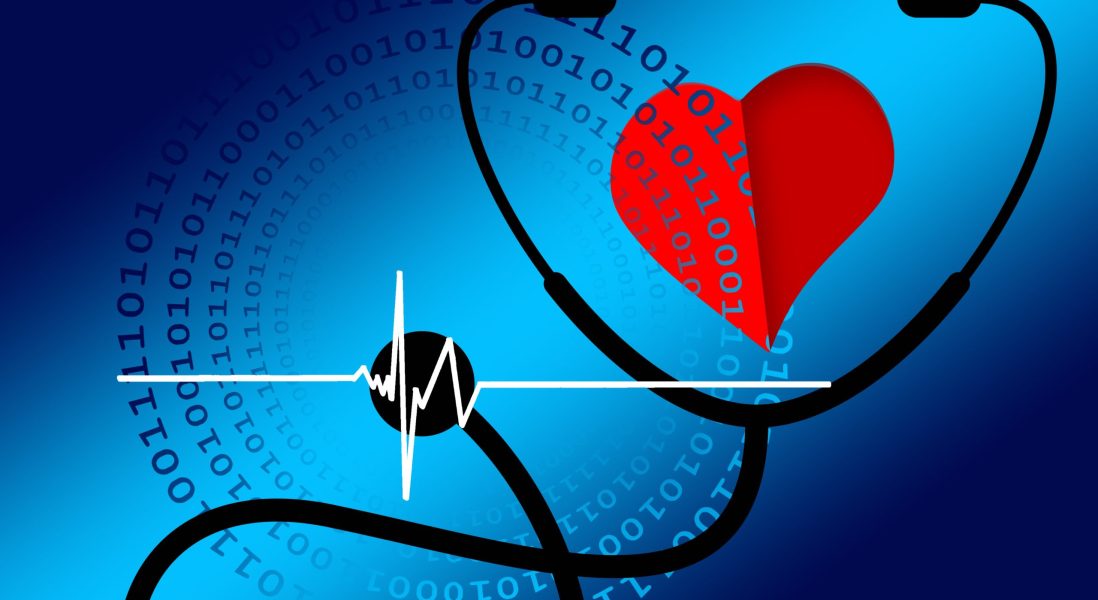
CAMPBELL, Calif., March 1, 2023 /PRNewswire/ -- UC San Francisco (UCSF) is conducting a six-month clinical trial on hypertrophic cardiomyopathy (HCM) using Vivalink's Biometrics Data Platform. The study, consisting of 70 patients, will evaluate if regimented moderate intensity exercise improves overall exercise capacity and cardiac blood flow.
HCM is thought to be the most common inherited heart condition, estimated to affect about 1 in 500 people. HCM can lead to heart failure and atrial fibrillation, and is cited as the most common cause of sudden death in young athletes, accounting for 35 to 50 percent of cases. The UCSF study, EXCITE-HCM, is funded by the National Heart Lung and Blood Institute of the National Institutes of Health, and led by Theodore Abraham, MD, FACC, FASE.
"In this study, we hope to identify ways to prevent adverse health events for these patients," said Theodore Abraham, MD, FACC, FASE, co-director of UCSF HCM Center of Excellence, and Director of the UCSF Adult Cardiac Echocardiography Laboratory. "Vivalink's medical-grade sensors and data services will help us find accurate endpoints during the trial."
Subjects in the research trial will be monitored using the Vivalink wearable ECG sensor and cloud data platform to track electrical activity throughout the study. The reusable sensor will continually capture ECG and heart rate data 24 hours a day which will be processed through Vivalink's Biometrics Data Platform. The platform ensures data is delivered successfully from any location for centralized analysis and processing in order to extract clinically relevant insights in real-time or retrospectively.
"We are thrilled to support UCSF in this clinical trial for HCM," said Jiang Li, CEO of Vivalink. "Our Biometrics Data Platform is a reliable and accurate way to study key cardiovascular and health conditions. We are excited to see the results from the study and continue to support UCSF throughout the trial."
In addition to capturing ECG rhythm and heart rate, the multi-function sensor can also monitor Heart rate variability, respiratory rate and offer accelerometer data. The sensor is used in other applications and studies, such as in-hospital patient monitoring, atrial fibrillation, remote patient monitoring, and chemo treatment event detection.
Media Contact:
vivalink@ampublicrelations.com
VivaLNK, Inc.
51 E. Campbell Avenue, Suite 160
Campbell, California 95008
Sales: info@vivalink.com
Support: support@vivalink.com
No Comments Yet
Let us know what you think